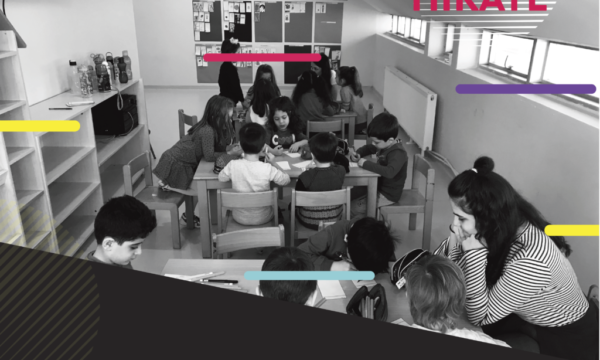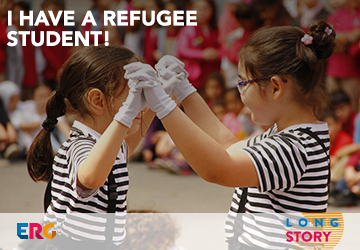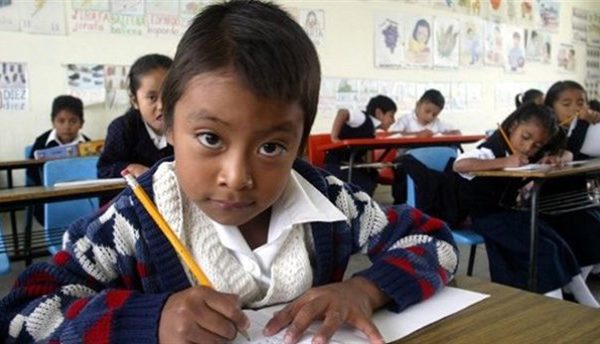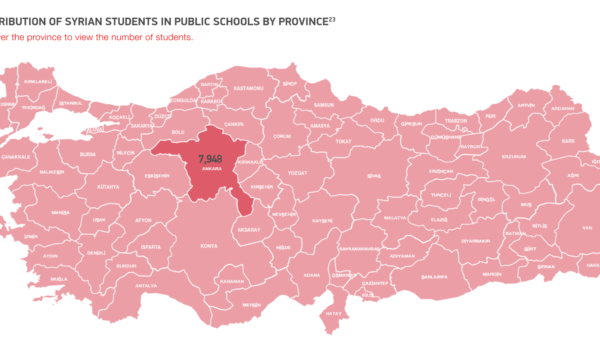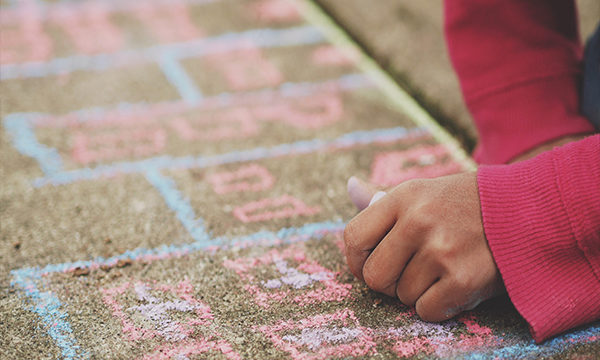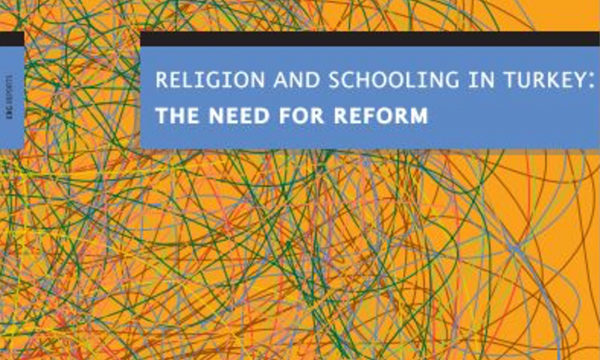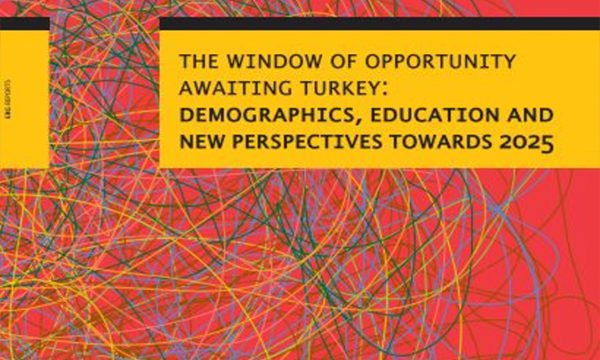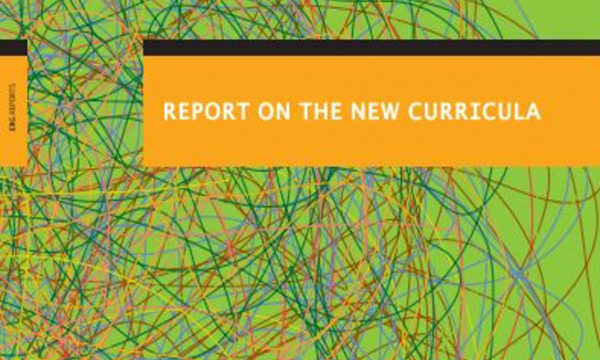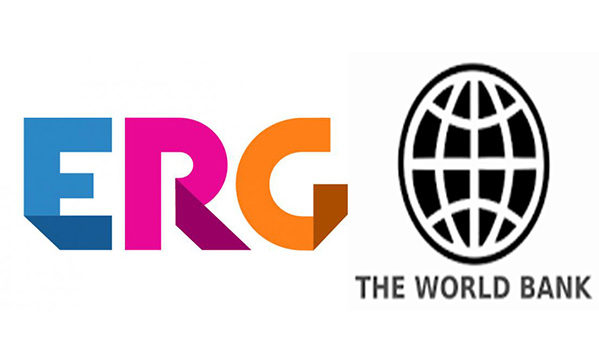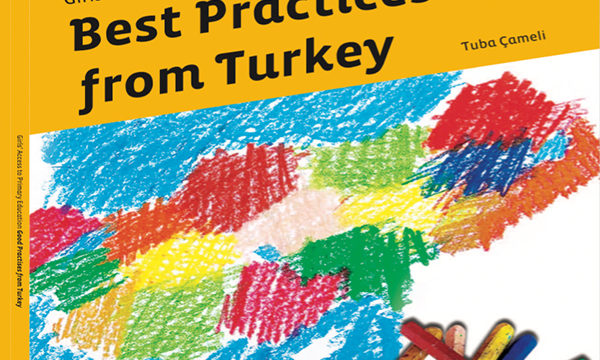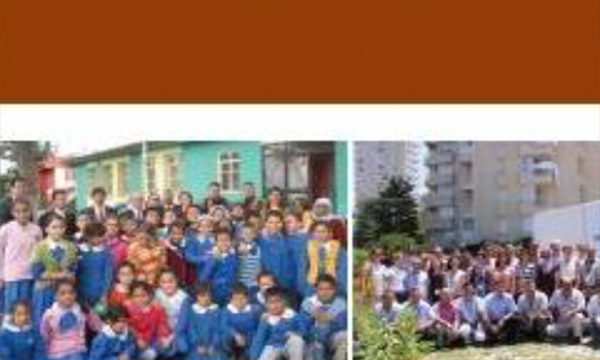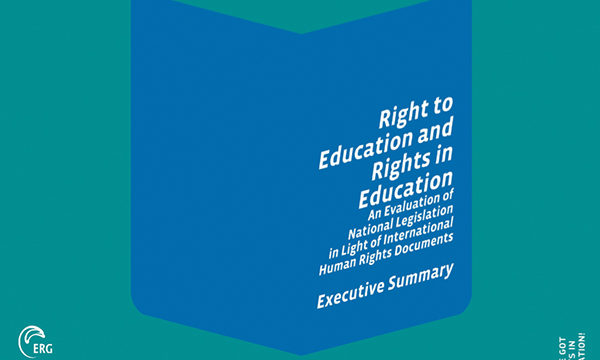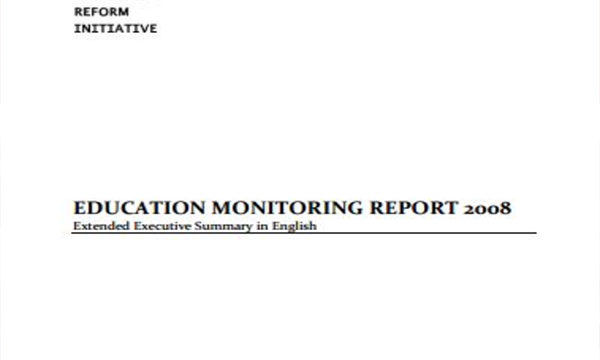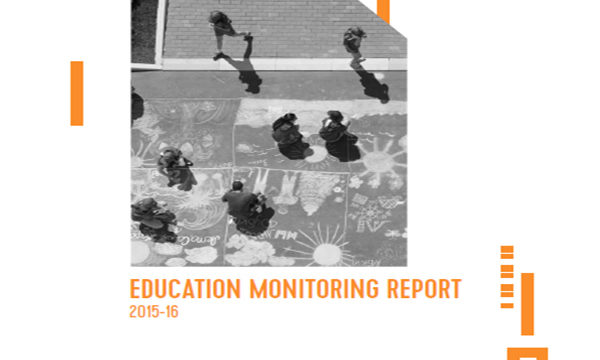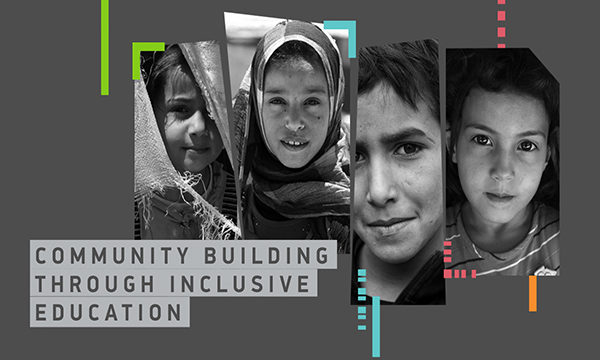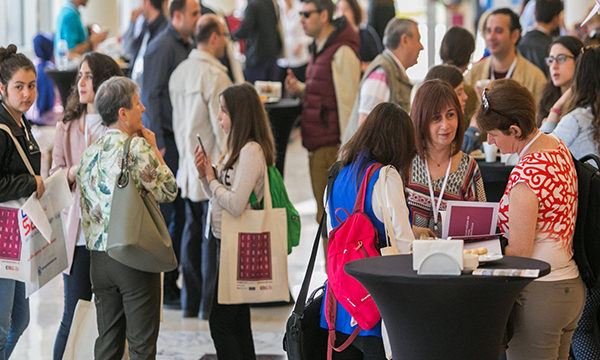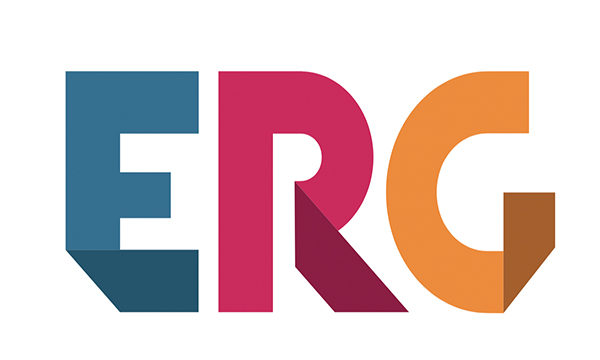Today’s Zaman, Nichole Pope
The ban on the headscarf in schools, religion classes in primary schools and education in Kurdish are aspects of the debate on education that often grab headlines.
These specific issues deserve further discussion, but the political debate is at times so fierce and divisive that it threatens to obscure the overall needs and rights of those most concerned: the children themselves.
Under the coordination of the Education Reform Initiative of Sabancı University, 14 non-governmental organizations embarked two years ago on a comprehensive review of primary education from the perspective of legal rights, supported by the European Commission.
They assessed current practices in the light of domestic legislation as well as international agreements Turkey is party to such as the Convention on the Protection of the Child or the International Covenant on Economic, Social and Political Rights. Their findings and suggestions were consolidated under the headline: We have rights in education!
Drawing on the expertise of each organization, from the History Foundation to the Children’s Rights Department of the Ankara Bar Association, the Association for Contemporary Living or the Association of Popular Health Experts, academics, lawyers and education practitioners scrutinized the school experience from all angles.
From school books scanned from a human rights perspective to measures promoting health and nutrition, no dimension was left out. The research highlighted discrepancies in the quality of teaching dispensed across the country, which can amount to discrimination. How to protect children against violence and the rights of handicapped children, often left out, were also part of this multifaceted study.
Hundreds of thousands of children still do not attend school regularly despite the basic premises contained in the Constitution that primary education is both compulsory and free. In practice, the right measures are still not in place to ensure that children of different genders, ethnic backgrounds, socio-economic groups or geographical location enjoy the same opportunities to develop their individual skills and talents.
Families have a responsibility to ensure their children get registered in school, but the state has a duty to remove
obstacles in their way. We have all come across examples of parents who faced difficulties when registering their children at the local state school, whether it was because a headmaster requested a “donation” they could ill afford or simply because of onerous bureaucratic demands. The hurdles to clear are even higher when children have special needs. Parents struggle to find their way through a labyrinthine bureaucracy that can even confound experts.
Access to education is only the first step. Once in school, children also have rights — to freely express themselves, to balance work with play and to study in a healthy environment free of coercion and violence.
The good news is that primary education in Turkey is improving. But in education, the job is never done. All countries constantly need to monitor, assess and adjust their policies to improve results.
The shift that is taking place in Turkey is quite a radical one. From an approach that viewed the child mainly as the passive recipient of wisdoms imparted by the state and saw diversity as a threat, the country is slowly moving towards one that centers more on the children themselves and helps them become active citizens respectful of differences and not afraid to ask questions.
Education Minister Nimet Çubukçu’s decision to open the school year with a lesson against discrimination was a positive step. But transforming a heavy bureaucracy and training 700,000 teachers to adopt more interactive methods that not all will welcome inevitably takes time.
The recommendations offered by the Education Reform Initiative and its partners should guide policy makers in the right direction. But the experts involved in the project have also produced booklets and brochures to better inform the general public about the services they can expect.
The message they want to pass on to children and to the adults who represent them is simple: In education, you have rights. Demand them!

